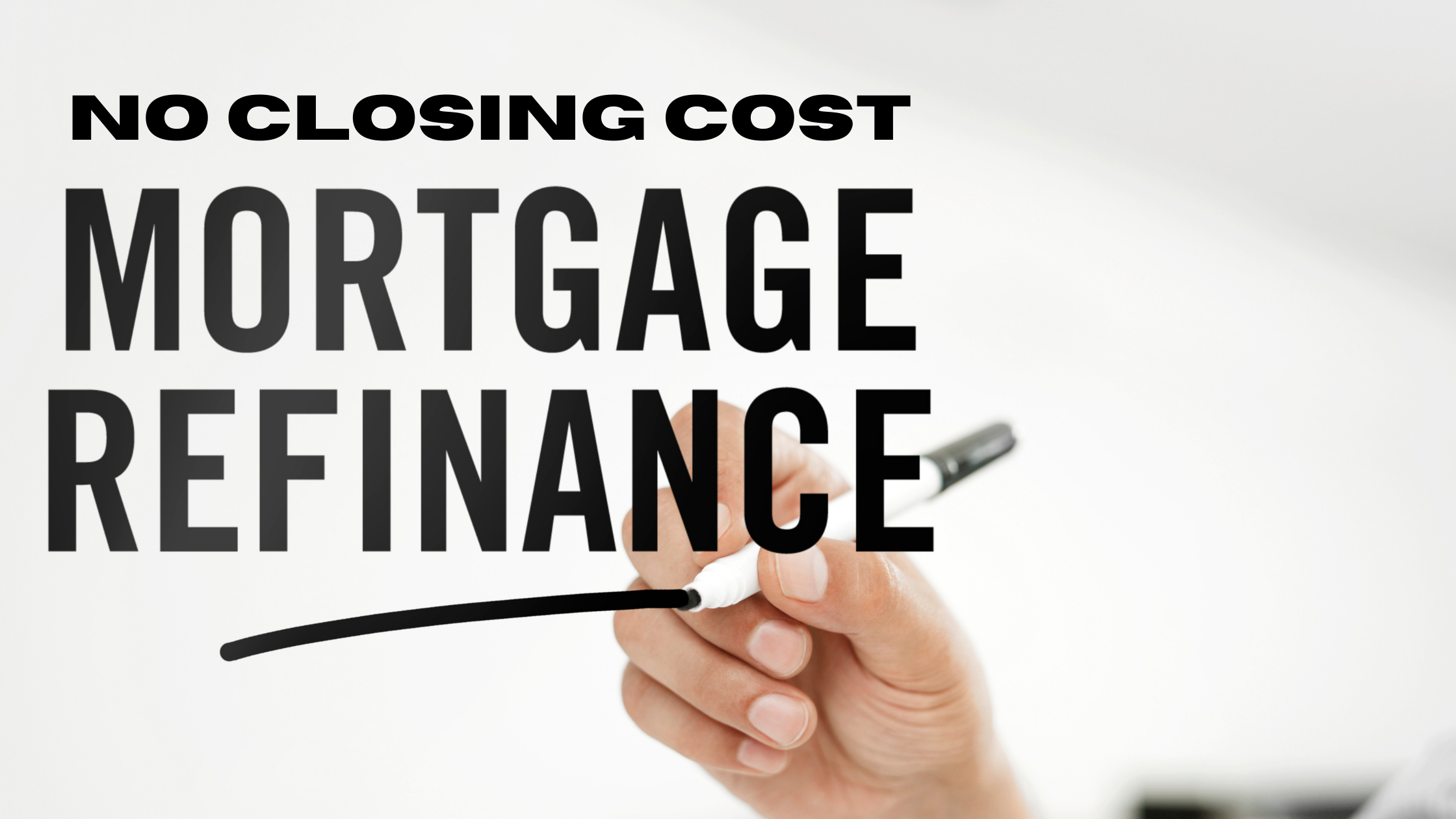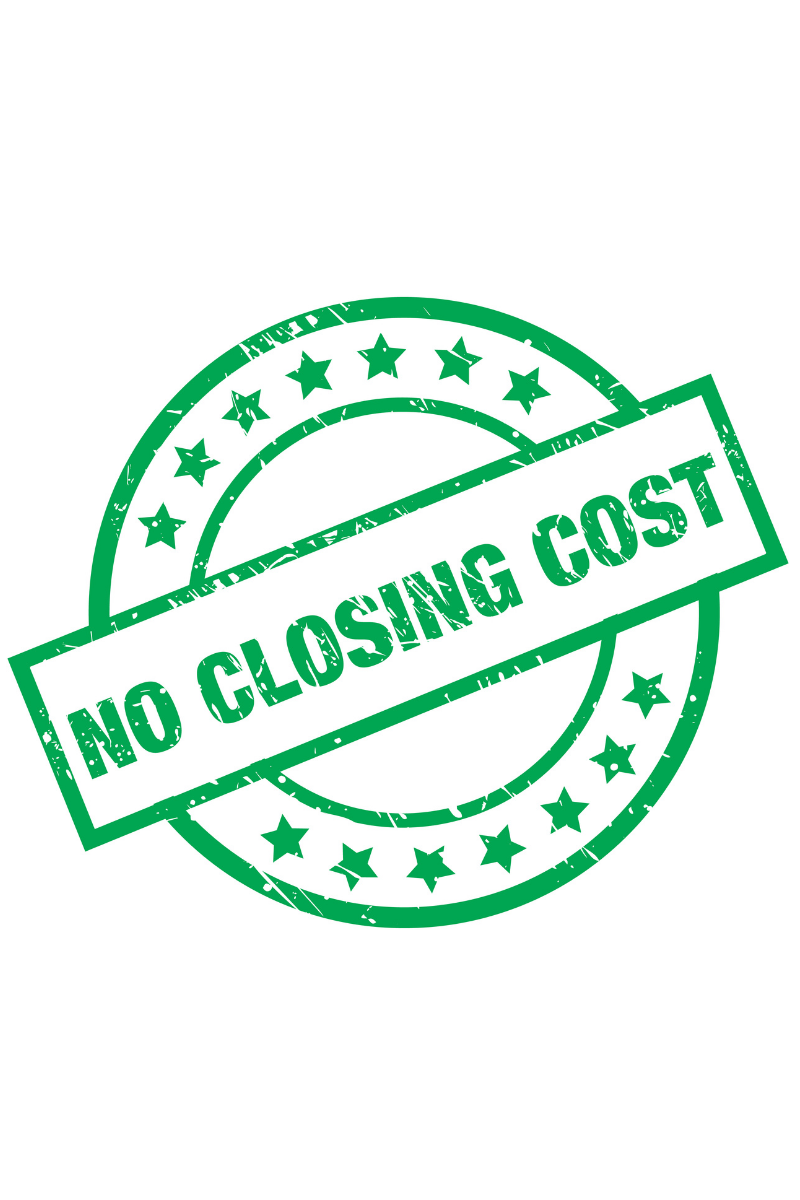
If you didn’t purchase or sell a home in the last few months, chances are, you’ve considered a refinance with the near record low mortgage rates. While refinancing your home is a great way to help you save on revolving debts, and often allows you to lower your monthly overhead, there are generally always hefty fees that are included. Most of the time, these fees, or closing costs, for the new loan are between 2-5% of the mortgage amount. This means that if you are refinancing a home for $250,000 and are paying 3% closing costs (this percentage can vary), you’ll pay $7,500 in closing costs to secure the new loan.
Related: How do I Re-Finance my Home?
In recent months you may have seen a “no closing cost refinance.” Whether while scrolling social media, on the radio, billboards, televised commercials etc. the seemingly too good to be true option for homeowners is sweeping through the nation, leaving many homeowners wondering if the no closing cost refinance is too good to be true. Unfortunately, these advertised refinancing programs aren’t free, they’re simply structured in a different way than the more traditional route.
 While it may still be a great option for some homeowners, generally when refinancing is advertised as a “no closing cost” option, those fees are then simply rolled into the final loan amount vs. paying the fees out of pocket. As an example, if you were to refinance your home loan at $250,000 with a 3% closing cost fee, you could expect the following:
While it may still be a great option for some homeowners, generally when refinancing is advertised as a “no closing cost” option, those fees are then simply rolled into the final loan amount vs. paying the fees out of pocket. As an example, if you were to refinance your home loan at $250,000 with a 3% closing cost fee, you could expect the following:
- Traditional Re-Finance: Your new loan amount would be $250,000 and you would have to pay $7,500 out of pocket in fees/closing costs to secure the new loan
- No Closing Cost Option: You won’t be required to pay any out-of-pocket fees, thus alluring to the “no closing cost” promotion, however, your new loan amount would be $257,500 vs. $250,000 as mentioned above
Ultimately, each option can be beneficial pending on your person preferences and cash flow availability. It is important to note that generally a no closing cost refinance does come with a slightly higher interest rate than the more traditional route with the pre-paid fees, however, with rates at near historic lows, most homeowners are still saving tremendously on their home loans when choosing either option.
Related: Are Home Warranties Worth It?
If you’re currently searching for a new home, are ready to sell your home and need a qualified seller’s agent to assist you, or if you have any further questions regarding Carolina Real Estate, please feel free to contact our office at any time.
